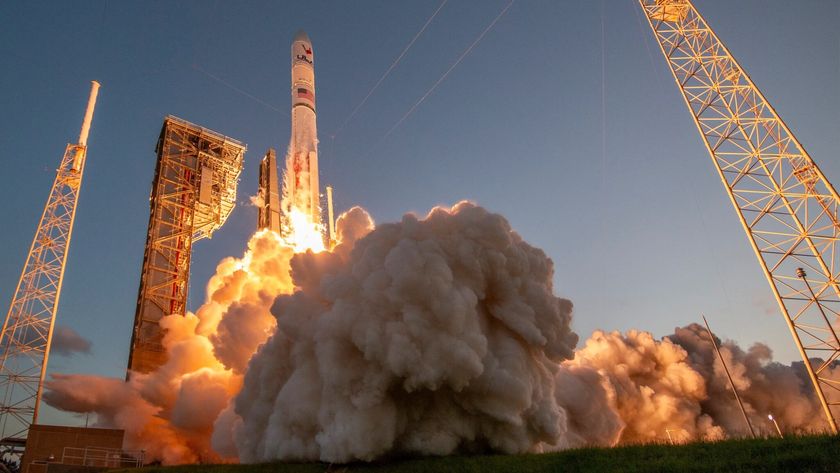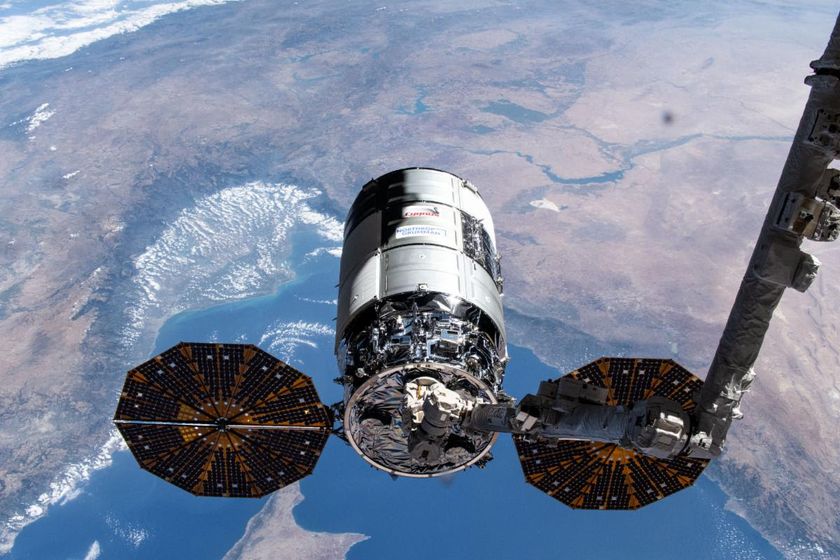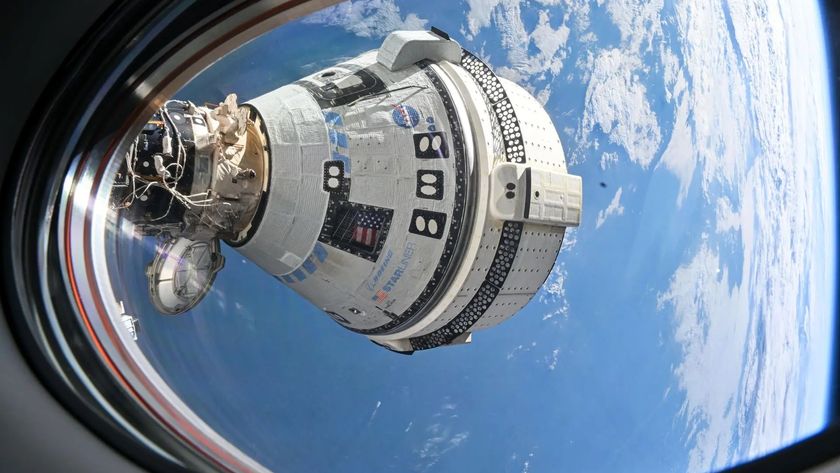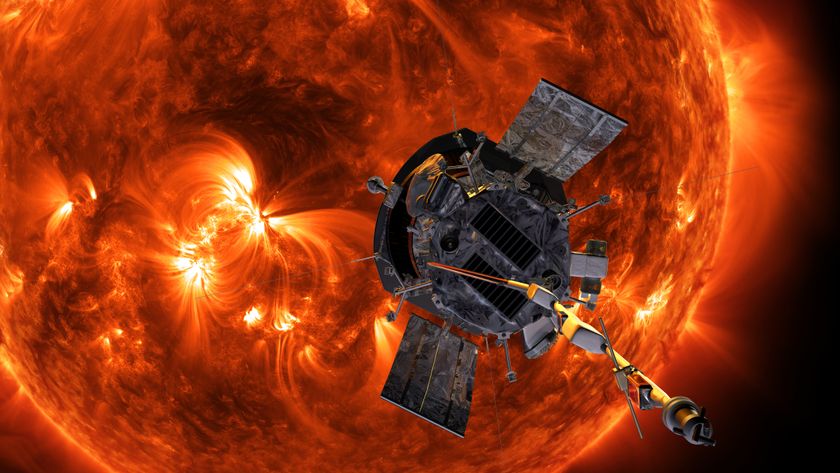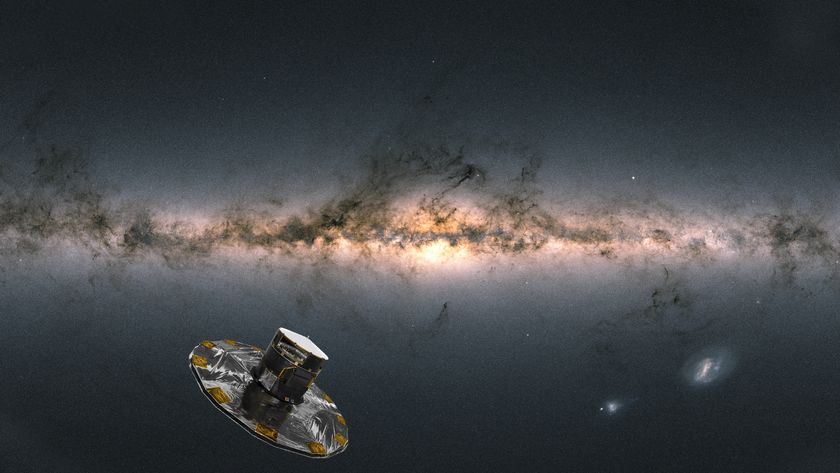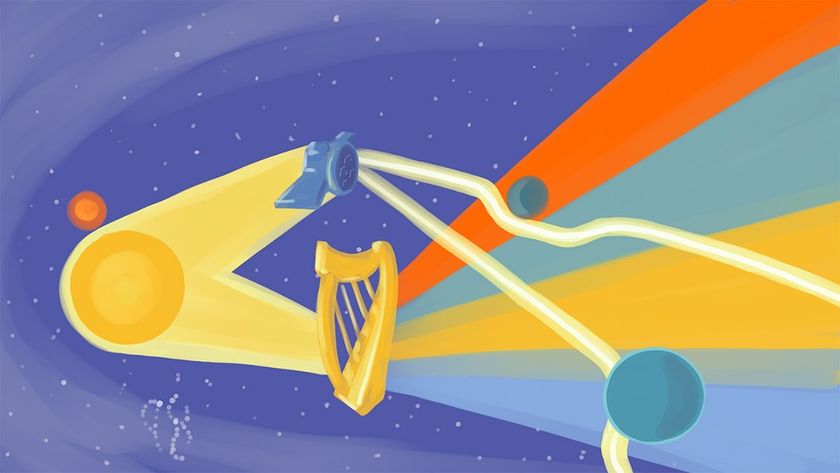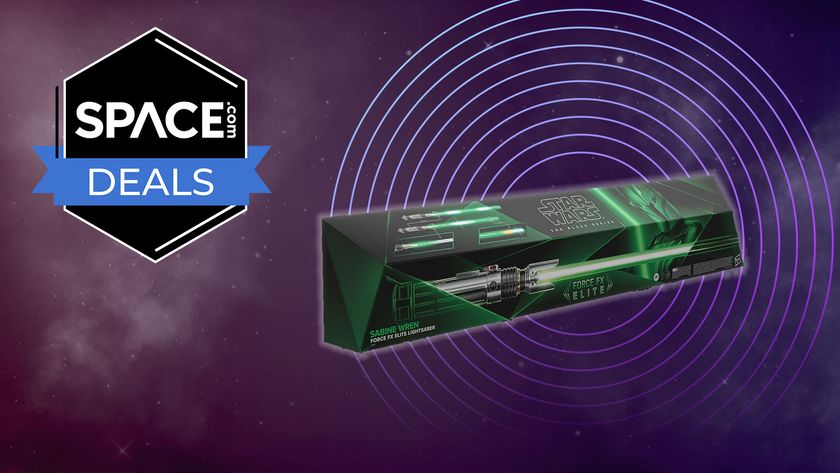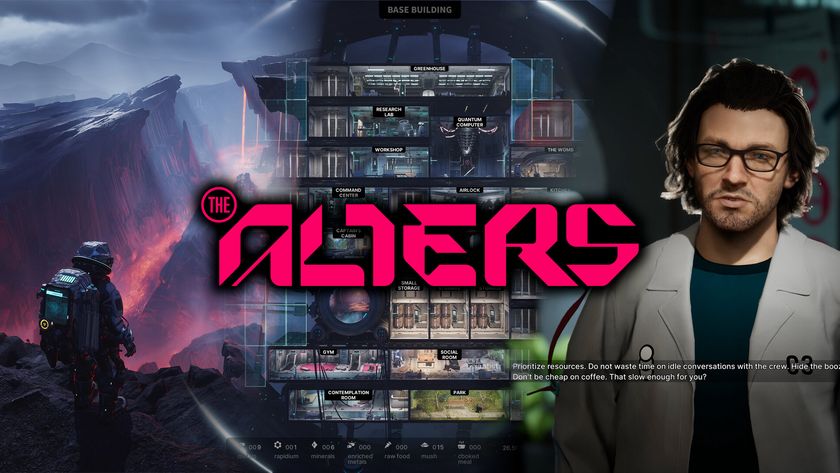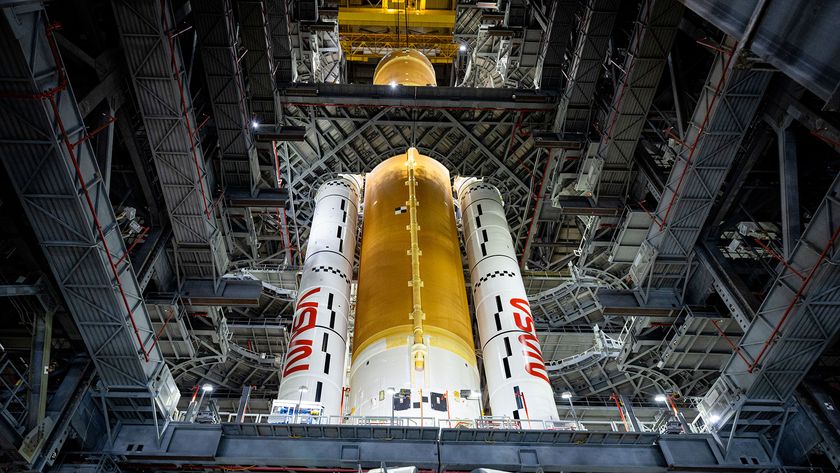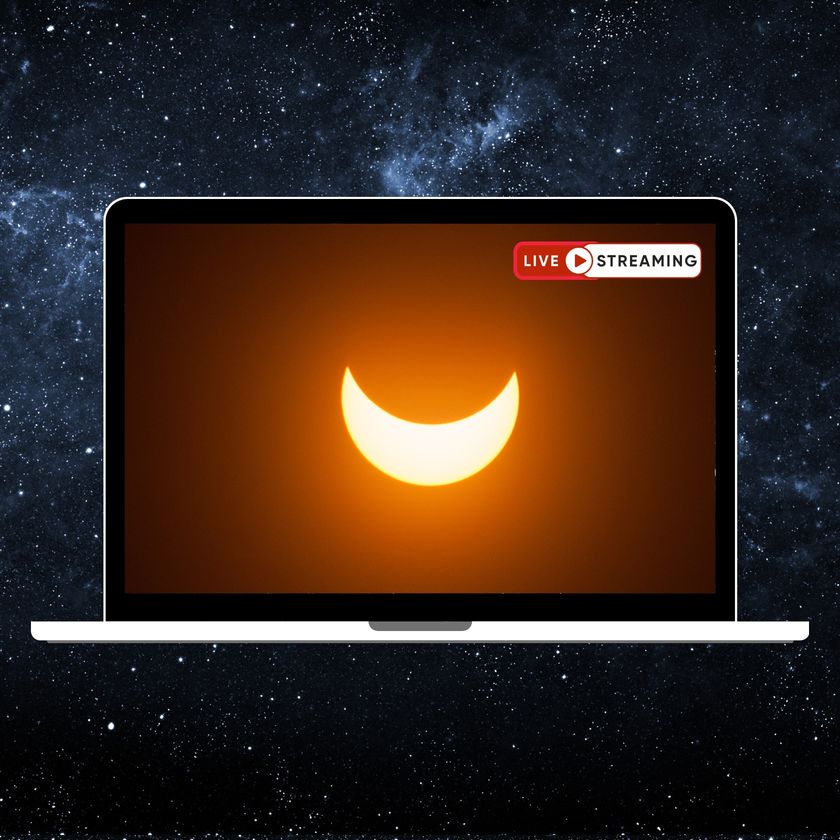ISS Astronaut Testifies Before Congressional Panel From Orbit
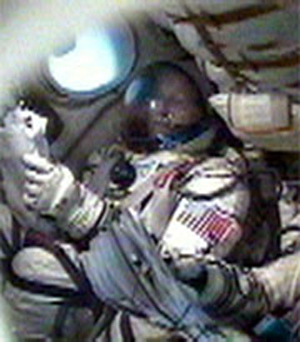
NASA astronautJohn Phillips briefed a congressional panel on the merits of the InternationalSpace Station (ISS) Tuesday while circling the Earth aboard the orbitalresearch facility.
Phillips, scienceofficer and flight engineer for ISS Expedition 11, is NASA's first astronaut totestify before a congressional committee from space. He joined two other spacestation veterans, Expedition 5flight engineer Peggy Whitson and Expedition 9flight engineer Michael Fincke, who spoke to committee members from the ground.
"Onboardthe International Space Station, we are the experiment," Phillips said viasatellite link from inside the station's U.S.-built Destiny laboratory. "We aretrying to learn as much about human spaceflight as we can."
Phillipsand his fellow astronauts spoke before members of the House ScienceSubcommittee on Space and Aeronautics. Of primary interest to committee memberswere the challenges faced by ISS astronauts, the space outpost's scientificpayoffs and its role in the future human exploration once NASA's shuttleprogram retires in 2010.
"We can'tbe flying at $1 billion a flight and expect to keep flying a space shuttle,"said Congressman and subcommittee member Dana Rohrabacher (R-California). "Thecosts have to be lowered."
Phillips toldsubcommittee members that the space station is about only half-built and awaitsdelivery of additional support trusses, pressurized nodes, modules andlaboratories, each anticipating its turn to launch aboard a NASA space shuttle.Two new laboratories - Japan's Kibo module and Europe's Columbus module - stillremain Earthbound, but could boost the number of ISS astronauts up to crews ofsix when finally delivered to the station, he added.
"Ourexperimental time is somewhat limited now," Phillips said. "[But] when there aresix people aboard, there will be a lot more experimentation."
Get the Space.com Newsletter
Breaking space news, the latest updates on rocket launches, skywatching events and more!
Previously,ISS crews and flight controllers depended on NASA space shuttles to deliver newstation components and bulky replacement parts that are too large to rideaboard Russian Progress cargo vehicles. But NASA's shuttle fleet has beengrounded since the 2003 loss of the space shuttle Columbia and its astronautcrew during reentry.
"One of thethings brought home by the Columbia accident is that we need to stamp outcomplacency anywhere it exists," Phillips told the subcommittee. "[Spaceflight]is not like getting on an airliner, we strap ourselves on a rocket and thereare some risks."
Dangers toastronaut health are among the spaceflight risks astronauts and flightcontrollers hope to better understand via ISS research, Fincke said.
"Aboard thespace station, I lost a fair amount of bone mass, about six percent," Fincke said,adding that he managed to regain that lost bone mass after returning to Earthfrom his 187-day mission. "That's accelerated osteoporosis, and byunderstanding how we lose [bone mass], how we limit it and how we can get itback, there are some direct applications to those of us on the ground."
Whitsontold subcommittee members that the current resupply needs of the ISS, which requiresthe steady arrival of unmanned Progress spacecraft every six months to supportthe outpost's two-person crews, are too great for a future moon base or Marsstation.
"We need tobuild hardware at a much higher level of maintenance," Whitson said.
- Complete Coverage: ISS Expedition 11
- Fixing NASA: Complete Coverage of Space Shuttle Return to Flight
Join our Space Forums to keep talking space on the latest missions, night sky and more! And if you have a news tip, correction or comment, let us know at: community@space.com.

Tariq is the Editor-in-Chief of Space.com and joined the team in 2001, first as an intern and staff writer, and later as an editor. He covers human spaceflight, exploration and space science, as well as skywatching and entertainment. He became Space.com's Managing Editor in 2009 and Editor-in-Chief in 2019. Before joining Space.com, Tariq was a staff reporter for The Los Angeles Times covering education and city beats in La Habra, Fullerton and Huntington Beach. In October 2022, Tariq received the Harry Kolcum Award for excellence in space reporting from the National Space Club Florida Committee. He is also an Eagle Scout (yes, he has the Space Exploration merit badge) and went to Space Camp four times as a kid and a fifth time as an adult. He has journalism degrees from the University of Southern California and New York University. You can find Tariq at Space.com and as the co-host to the This Week In Space podcast with space historian Rod Pyle on the TWiT network. To see his latest project, you can follow Tariq on Twitter @tariqjmalik.
